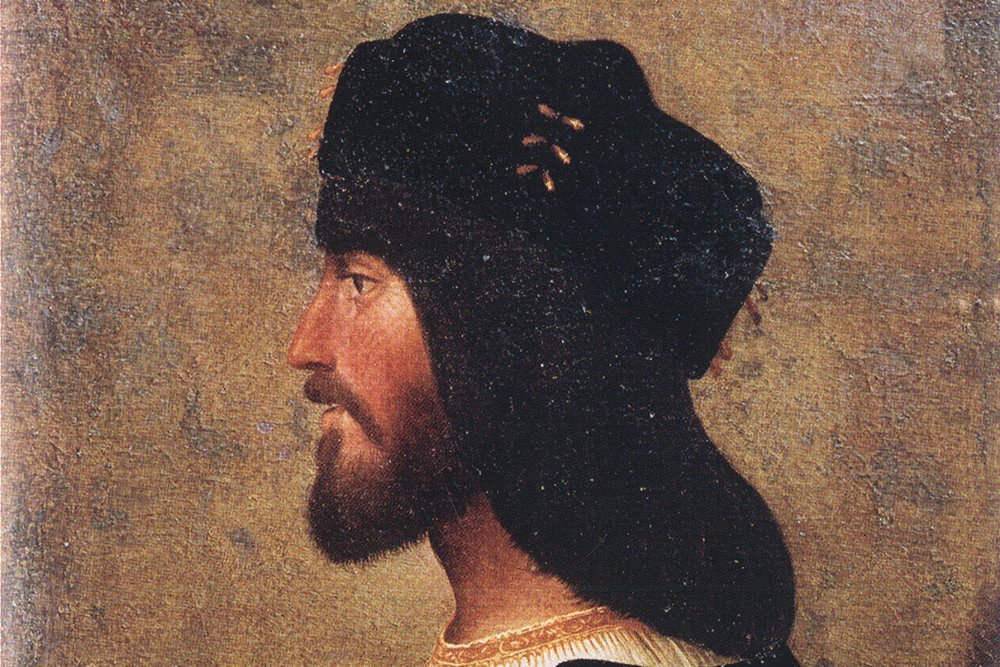
The origins of the Borgia family trace back to Spain, in the Kingdom of Valencia, where they were known as the Borjas. Their ascent to the pinnacles of power began with Alfonso de Borja (1378–1458), who became Pope Callixtus III in 1455. However, it was Rodrigo Borgia, later Pope Alexander VI, who would become the embodiment of the family’s ambition and the archetype of papal nepotism.
Rodrigo Borgia's election to the papacy in 1492 marked the beginning of the Borgia dynasty's most notorious chapter. His tenure was characterized by an unabashed use of the papal office to advance his family's fortunes, awarding them titles, lands, and positions of power. His children, Cesare, Juan, Lucrezia, and Jofré, became central figures in the political chessboard of Italy, forming alliances and rivalries with the era's major powers, including the Medici of Florence, the Sforza of Milan, and the Kingdom of Naples.
Cesare Borgia, arguably the most infamous of Rodrigo's children, was a cardinal turned condottiero (military leader) whose ambition and ruthlessness were immortalized by Niccolò Machiavelli in "The Prince." Cesare's efforts to carve out a kingdom in central Italy demonstrated his military prowess and political acumen. However, his brutal tactics and treachery also earned him many enemies. Cesare’s life and career exemplify the Renaissance ideal of the Prince, a ruler unencumbered by conventional morality, focused solely on power and its preservation.
Lucrezia Borgia, often portrayed as her family's innocent pawn or, conversely, as a master manipulator, remains one of history's most enigmatic figures. Her marriages, arranged for political alliances, and her rumored involvement in her family's darker intrigues have been the subject of much speculation. Despite the scandals, Lucrezia was a patron of the arts, a duchess, and an able administrator, showcasing the multifaceted roles women could play in the Renaissance, albeit within the confines of their societal roles.
The Borgias’ legacy is as much a product of their actual deeds as it is of the rumors and legends that flourished around them. Accusations of incest, murder, and poisoning have long colored the narrative, blurring the lines between historical fact and sensational fiction. The infamous "Banquet of Chestnuts," purportedly organized by Alexander VI, where guests were allegedly entertained by prostitutes, is one such legend that has persisted, despite scant contemporary evidence to support it. These stories, while often lacking concrete proof, have contributed to the dark mystique surrounding the Borgias.
The Borgia dynasty's power waned with the death of Alexander VI in 1503. Cesare, who had relied on his father's support, found his fortunes reversed under the new papacy of Julius II, who was determined to rid Italy of Borgia influence. Cesare's death in 1507 marked the end of the Borgia's political ambitions in Italy. Lucrezia, having outlived her family's disgrace, spent her remaining years in Ferrara, remembered more for her patronage of the arts and charity than for the scandals that once defined her.
The Borgias have captivated the imagination of writers, artists, and filmmakers for centuries, with their story being retold in countless books, operas, and films. Their lives have been romanticized and vilified in equal measure, serving as a canvas for exploring themes of power, corruption, and the human condition. The enduring fascination with the Borgias speaks to the timeless nature of their story, one that mirrors the complexities and contradictions of the human experience.
In recent years, historians have begun to reevaluate the Borgia legacy, separating myth from reality and placing their actions within the context of their times. While not absolving them of their sins, this reassessment acknowledges the broader context of Renaissance power politics, in which the Borgias were but one of many players navigating a morally ambiguous landscape. It also highlights their contributions to the arts and the strengthening of the Papal States, suggesting a more nuanced legacy than the one-dimensional portrait of villainy often depicted.
The Borgias' story, woven into the rich tapestry of Renaissance Italy, remains a compelling narrative of ambition, power, and the complexities of human nature. While their name may forever be associated with scandal and corruption, their legacy also encompasses the cultural and political achievements of an era that shaped the course of Western civilization. The Borgias exemplify the duality of human achievement, serving as a reminder of the heights to which ambition can soar and the depths to which it can descend. Their tale, shrouded in mystery and legend, continues to fascinate, offering endless material for reflection on the nature of power and its impact on the human soul.